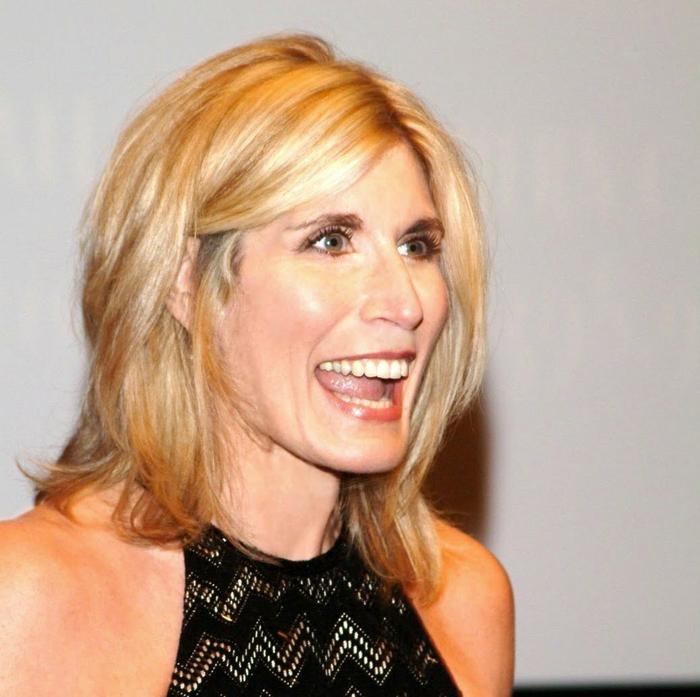
“When is the tall one going to talk?”
This is what actress Olympia Dukakis used to ask other staff members at the Whole Theatre, where I was the Public Relations Director. I was 29 years old and Olympia was my boss. And I was afraid to speak my mind in front of her—or any of the rest of my colleagues, for that matter.
I had so many reasons. I was afraid of looking stupid, or ill-informed, or unprepared—even though I was none of those things. I was afraid of the possible reactions of my fellow staffers: “What are you trying to pull?” “Are you trying to make me look bad?” “Are you angling for my job?” “Do you think you’re smarter than me?” “Do you think you’re better than me?”
I think these are the same reasons why most women don’t speak up. It’s the fear factor.
Most of us are trained to be “good girls,” to make things “nice,” and to not be too assertive or outspoken. We’re taught to seek the approval of others, not to rock the boat.
But this is a formula for a lack of confidence and low self-esteem in the workplace. And in my case, my employer, saw it in high def.
I didn’t like it. So I decided to throw myself into my job and work hard to do it well. In the process, I realized that when I gave Olympia my opinions, she valued what I had to say. And as we worked and problem-solved together, I began finding my voice.
What helped the most, though, was having her as a role model.
Here’s what I mean. One time, at the table read for a play, the entire theater staff was assembled. The prestigious, award-winning director and I had already been speaking for several weeks coordinating press interviews, all of which had gone well, without any problems.
Then, in front of everyone, the director called me a liar. The room instantly became quiet, and I was as confused as I was horrified. And I was humiliated.
Olympia took one look at my face and said to the director, “You must be mistaken. I know that would never happen with Bonnie. Let’s talk about this later.” And we moved on.
I discovered that the director was a serial bully who enjoyed the power trip. I also discovered that the thing about bullies is that they’re only threatening until they’re directly confronted. Then they shrink away, and unfortunately, choose someone else to bully. (Try it—say, “I won’t be spoken to that way,” and mean it. Watch what happens.)
But Olympia stood up for me, and that’s when I learned the power of speaking up and saying what needs to be said. Time and again I’ve witnessed the relief in the room when Olympia said the thing that everyone was thinking, but no one wanted to say. In most cases, I witnessed how speaking up makes things better—even makes the elephant in the room disappear.
Now, at 54, after working with Olympia for 25 years, I say the hard things, too. I would be lying if I said I’m now totally comfortable speaking up, but I do it and I’ve gotten much better at it. I encourage other women to do it, too. Take it from me—the only way you’ll find your own voice, get it heard, and become a powerful force in your workplace is to speak up, again and again. And practice definitely makes it easier.
A producer recently became verbally abusive to me on the phone, and when I tried to speak, he cut me off. Finally, I raised my voice and said, “If you will let me speak without interrupting me, I can help solve this problem. If not, I’m hanging up.” He stopped talking.
And I, the tall one, am determined to never lose my voice again.